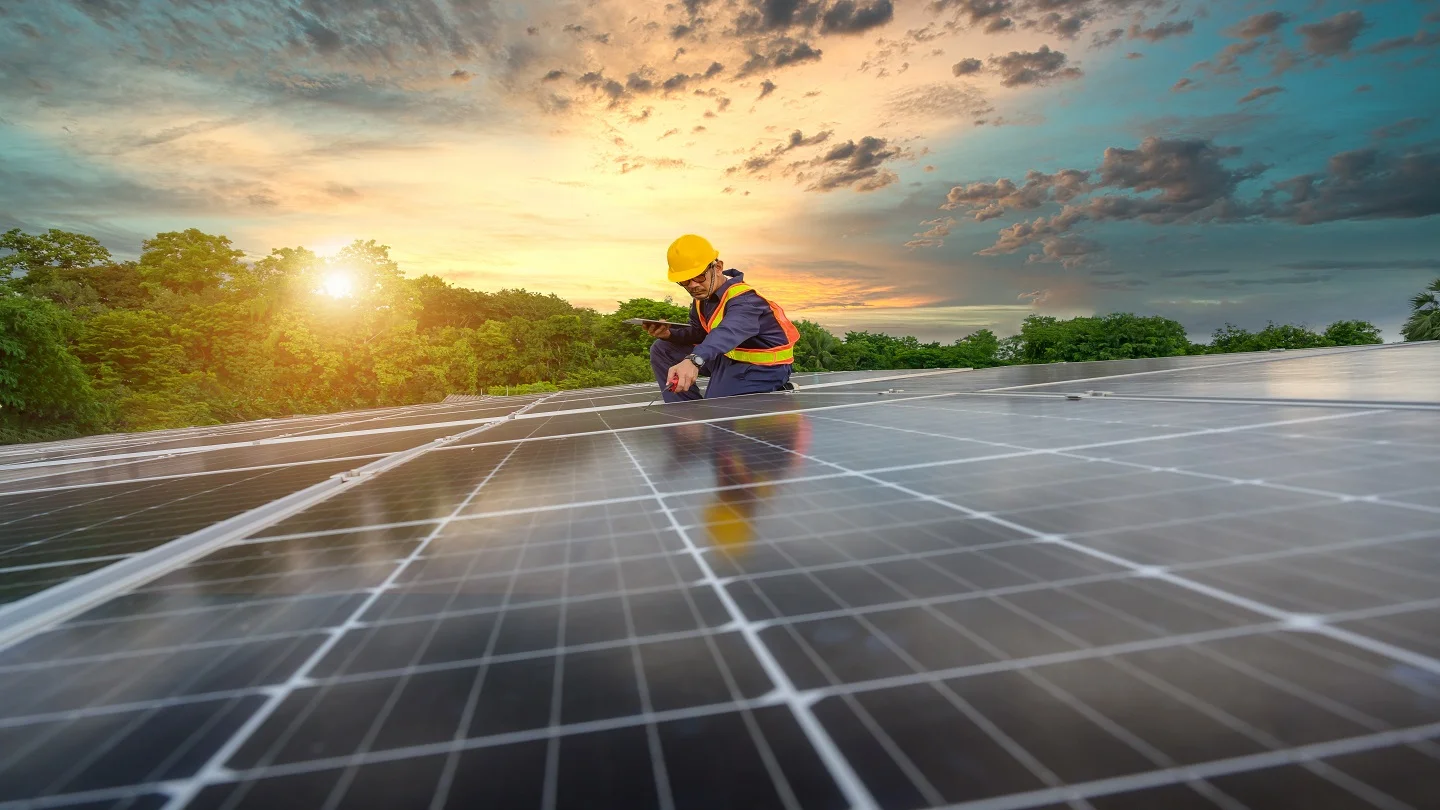As Southern Africa grapples with increasing energy demands and a growing need for sustainability, several nations are turning to innovative power solutions to enhance energy independence. Namibia, in particular, is taking significant steps to reduce its reliance on energy imports by boosting local capacity through renewable energy projects.
With neighbouring countries like Botswana and Ghana investing in solar and nuclear power, the region is on the cusp of a transformative shift in its energy landscape. This article explores the critical developments in Namibia’s energy sector and the broader efforts across Southern Africa to secure a sustainable energy future.
Read also: Huawei advances Nigeria’s energy sector with new CI solution and Inverter
Namibia’s growing energy demands and power independence
The plant will assist economic growth, stabilise potential rises in power tariffs, boost Namibia’s energy independence, and advance environmental sustainability.
Namibia has depended on power imports from nations like Zambia, Zimbabwe, and South Africa (Eskom). Therefore, this development is vital. According to reports, its power purchase arrangement with Eskom would run out in 2025.
Research states that Namibia’s annual total power demand is forecast to be 600 MW, with annual growth predicted to be 5%. The nation’s generating capacity, however, is just about 500 MW.
Thanks to the new facility, Namibia will have 100 MW more installed electricity capacity.
Financing and international collaboration in Energy projects
NamPower will contribute the remaining cash from its financial sheet, with the German development bank KfW funding 80% of the N$1.4 billion ($78.33 million) project.
A consortium of Chinese firms led by China Harbour Engineering Co. negotiated an agreement in August 2024 to construct a 100 MW solar power in Botswana, another country in Southern Africa. The facility, which will cost $78.3 million, is expected to be completed in the second quarter of 2026. It will be the second utility-scale renewable energy facility in the nation.
Furthermore, the contractor selection process for Ghana’s first nuclear power station, scheduled for construction by December 2024, began in May 2024. China National Nuclear Corporation was one of the contractors bidding on the project.
Read also: itel’s affordable solar power enters Nigeria’s energy market
South Africa’s Nuclear Energy Expansion
About 2,500 megawatts (MW) of new electricity are required in South Africa, which runs the continent’s only nuclear power station, Koeberg. Eskom of South Africa was granted authorisation in July 2024 to operate one of its two units for 20 years until July 2044.
The extension of Koeberg Unit 1’s operating license until 2044 secures a vital source of clean, reliable electricity for South Africa. However, ongoing safety improvements and the pending decision on Unit 2’s extension highlight the need for continued vigilance and public engagement as the country navigates its energy future.
















